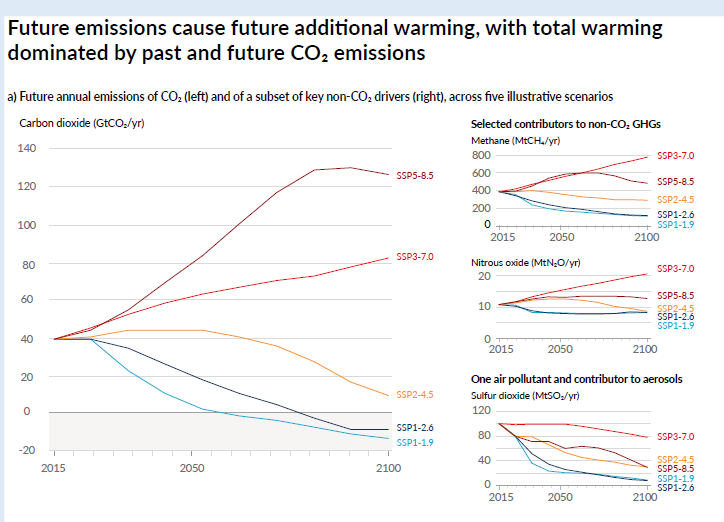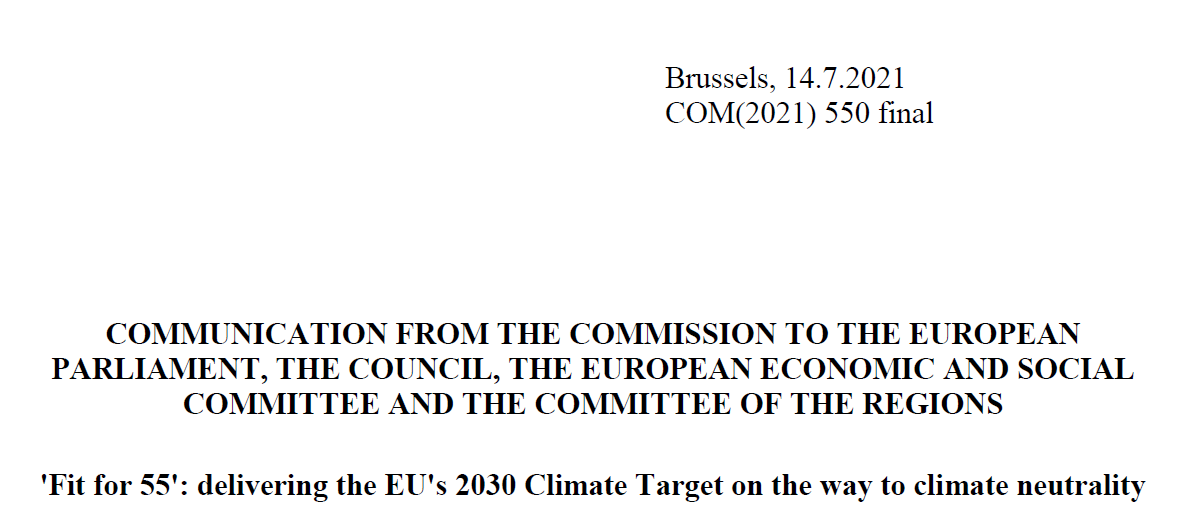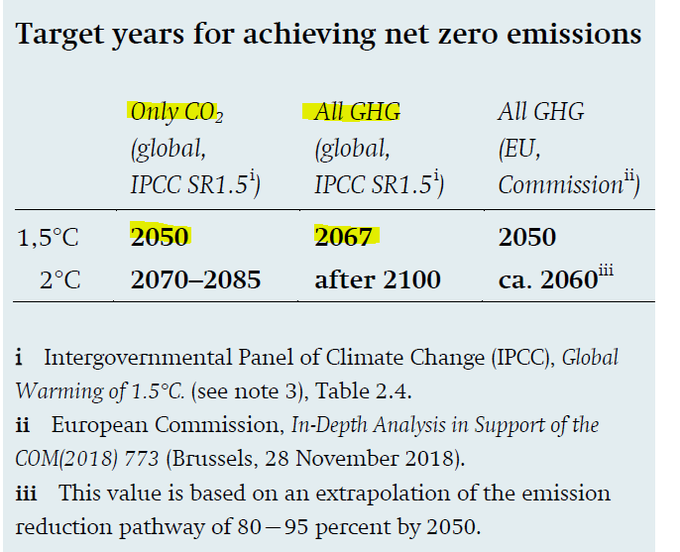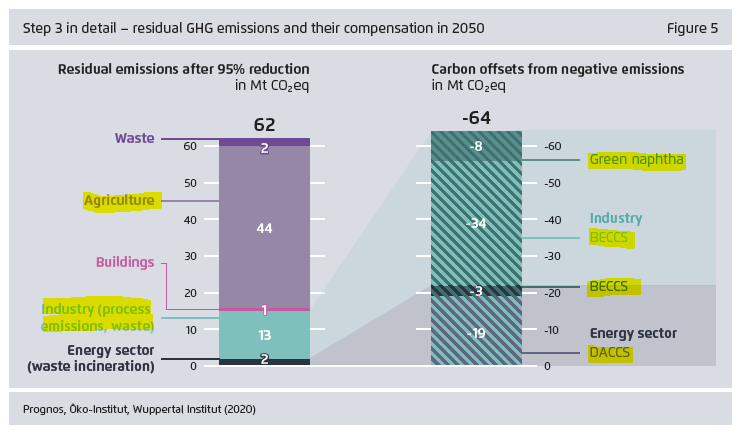
How will climate negotiators deal with diminishing carbon budget for 1.5C?
Some thoughts from our recent @OneEarth_CP paper "#UNFCCC must confront the political economy of net-negative emissions"
Now available #OpenAccess for 2 months
cell.com/one-earth/full… #COP26
(1/n)
Some thoughts from our recent @OneEarth_CP paper "#UNFCCC must confront the political economy of net-negative emissions"
Now available #OpenAccess for 2 months
cell.com/one-earth/full… #COP26
(1/n)

Paper led by @aniruddh_mohan, co-authored with @MathiasFridahl, @hollyjeanbuck & @Peters_Glen
cell.com/one-earth/full… #COP26
(2/n)
cell.com/one-earth/full… #COP26
(2/n)

Basic problem is quite easy to understand. We're very close to 1.5C, and even if you think it's still possible to stay within the remaining carbon budget (<500 Gt), this would mean that every country needs to reach net zero pretty soon.
#COP26
(3/n)
#COP26
(3/n)

This is how this would look like (stylised pathways). Would this be 'fair' in a global context, keeping in mind historical responsibility for climate chnage? Probably not. But whatever you think, for #UNFCCC negotiations it is more important what governments think
#COP26
(4/n)
#COP26
(4/n)

Well, India seems to think that such a trajectory wouldn't be fair, rejects to set a net-zero year, instead started to demand that developed countries commit to reaching net-negative first
huffpost.com/entry/india-cl…
#COP26
(5/n)
huffpost.com/entry/india-cl…
#COP26
(5/n)
Interestingly, @ClimateEnvoy John Kerry agrees in principle, at least in background briefings with journalists from India
state.gov/briefing-with-…
#COP26
(6/n)
state.gov/briefing-with-…
#COP26
(6/n)
Here's how it could look like (again, stylised pathways).
No overshoot of global carbon budget, but developed countries net-negative from 2045, China stays at net zero, India and others peaking ~2030, and staying above net-zero
#COP26
(7/n)
No overshoot of global carbon budget, but developed countries net-negative from 2045, China stays at net zero, India and others peaking ~2030, and staying above net-zero
#COP26
(7/n)

But India and other developed countries could even call for considering a 3rd option (again, stylised pathways).
Overshooting global carbon budget (as assumed in many #IPCC scenarios), "payback" through developed countries & China, even later peak for India and ROW
#COP26
(8/n)
Overshooting global carbon budget (as assumed in many #IPCC scenarios), "payback" through developed countries & China, even later peak for India and ROW
#COP26
(8/n)

We were not the first ones to think about this. 10 years ago, @tavoni_massimo, Rob Socolow & @spacem0nk3y already saw it coming.
But now it finally reaches #UNFCCC negotiations, mostly likely during the Global Stocktake, to be concluded 2023
mdpi.com/2071-1050/4/2/…
#COP26
(9/n)
But now it finally reaches #UNFCCC negotiations, mostly likely during the Global Stocktake, to be concluded 2023
mdpi.com/2071-1050/4/2/…
#COP26
(9/n)
Even although this makes sense in a strict 'carbon counting' perspective, there are obvs. many caveats and downsides. More on that later, once #COP26 started.
For now, I refer you to our lead author's thread
& full article cell.com/one-earth/full…
(10/n)
For now, I refer you to our lead author's thread
https://twitter.com/aniruddh_mohan/status/1448330167118712832
& full article cell.com/one-earth/full…
(10/n)
• • •
Missing some Tweet in this thread? You can try to
force a refresh


















